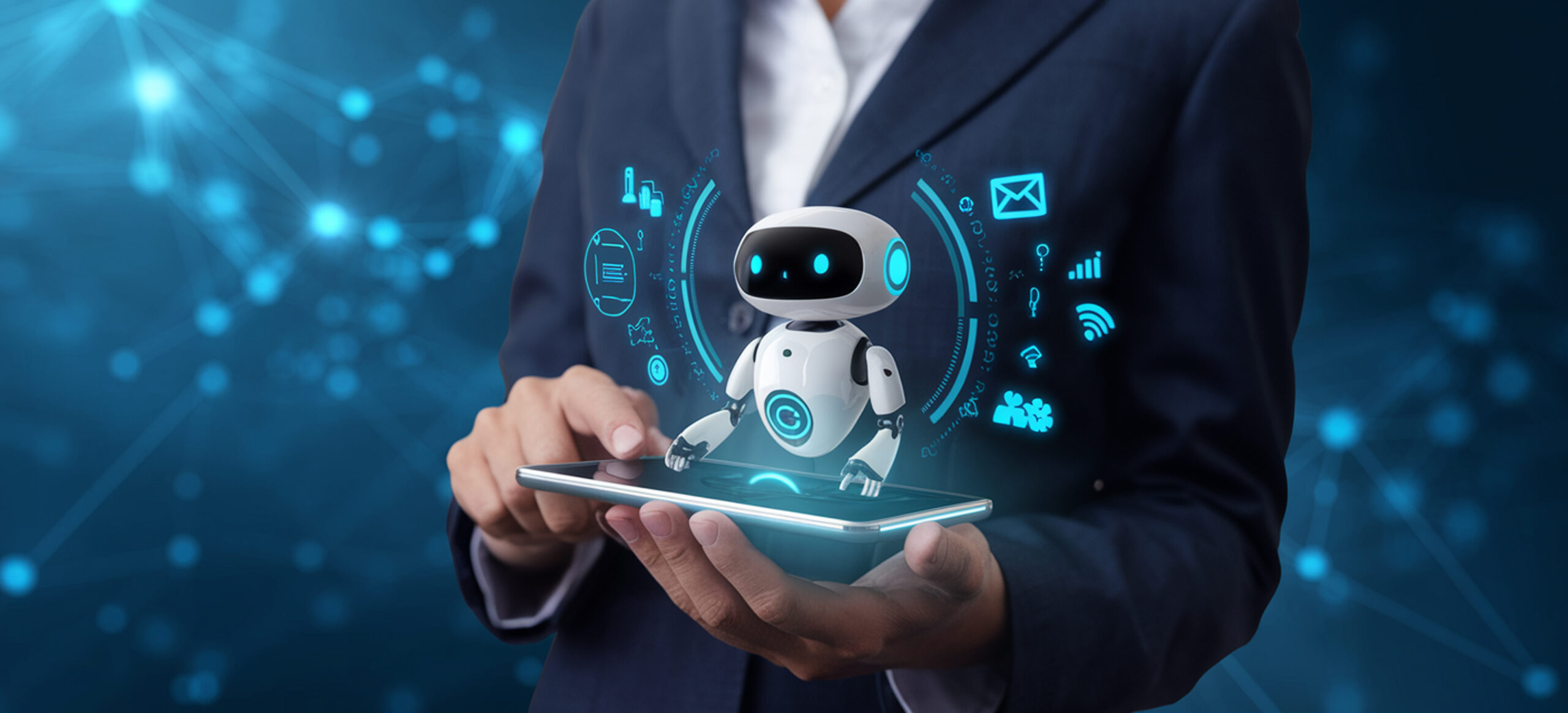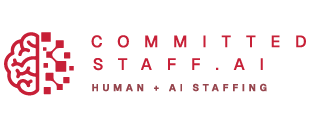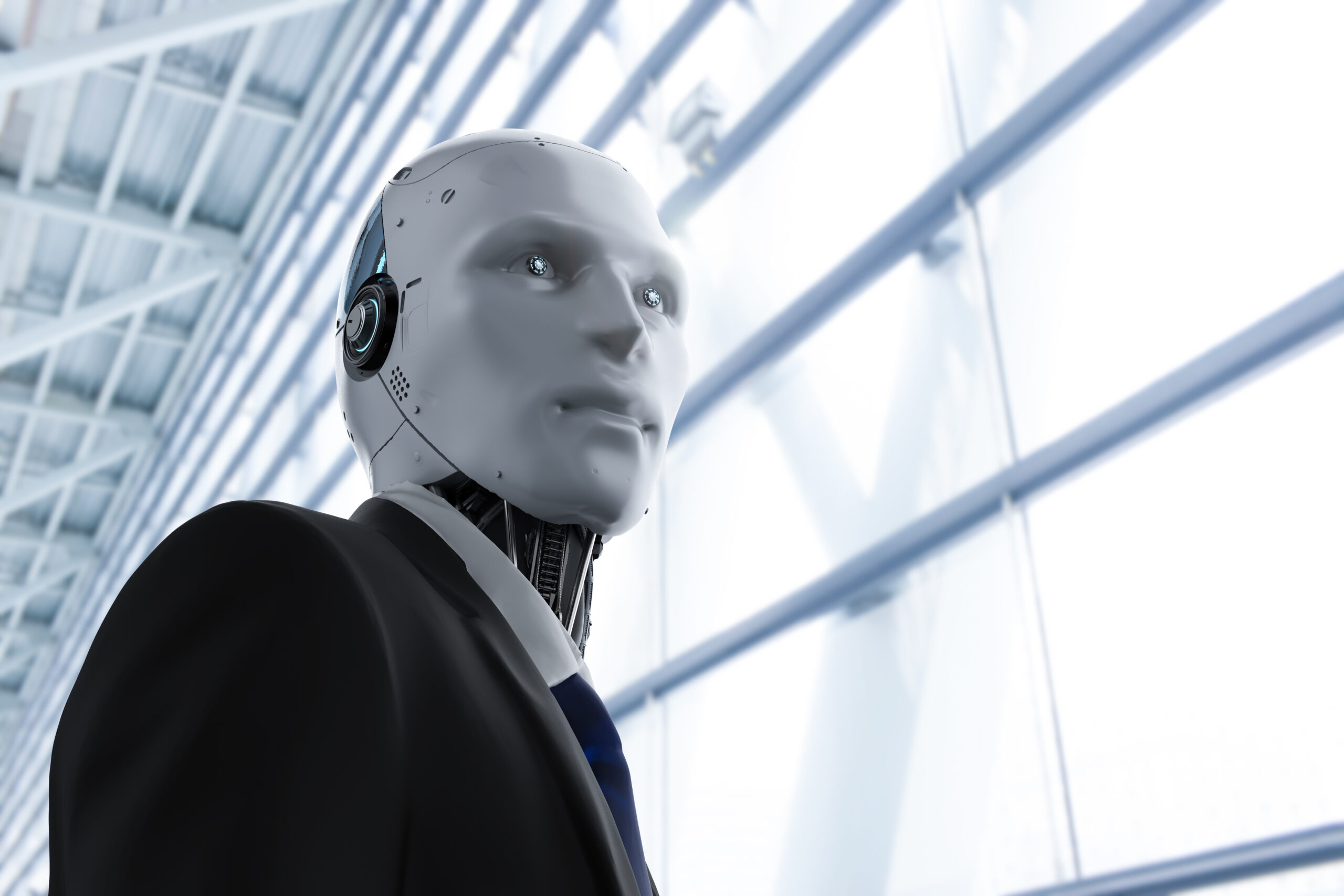In today’s fast-paced business landscape, executives and HR leaders are under significant pressure to scale operations, boost efficiency, and adapt proactively to the evolving future of work—all without losing sight of human-centric values. Enter AI agents, intelligent tools designed to enhance decision-making, automate tasks, and empower teams. Integrating AI agents with hybrid staffing models has shifted from being merely a technological trend to becoming a strategic necessity for companies aiming to excel in a digital-first world.
What Are AI Agents?

AI agents are sophisticated software systems capable of executing tasks traditionally requiring human intellect, such as natural language understanding, automated decision-making, predictive analytics, and streamlined processes. Popular examples in the enterprise space include:
- ChatGPT: Conversational AI that supports customer interactions, content generation, and internal knowledge sharing.
- Microsoft Copilot: Integrated within productivity suites, assisting users with document creation, data analysis, and workflow automation.
- Robotic Process Automation (RPA): Automating repetitive, rule-driven tasks from invoice management to regulatory compliance.
These intelligent systems operate as digital co-workers, seamlessly augmenting human capabilities and significantly enhancing overall productivity.
Defining Hybrid Staffing for the Modern Workplace
Hybrid staffing strategically integrates human employees and AI-driven systems into cohesive teams, capitalizing on the strengths of both. Unlike fully automated or purely human models, hybrid staffing enables organizations to balance efficiency with creativity and empathy.
Today’s businesses increasingly adopt this model across functions like customer service, IT support, financial analysis, and HR management, utilizing AI for data-intensive activities while humans provide essential strategic thinking, creativity, and emotional intelligence.

Benefits of Integrating AI Agents and Human Talent
1. Enhanced Productivity and Efficiency
AI rapidly handles complex, repetitive tasks, allowing human talent to focus on strategic, creative, and interpersonal responsibilities.
2. Significant Cost Optimization
Automating routine processes reduces overhead expenses, facilitating flexible staffing solutions without compromising service quality.
3. Improved Decision-Making
AI agents analyze large data volumes rapidly, offering precise, actionable insights that enable informed, confident human decisions.
4. Increased Agility and Scalability
Hybrid teams can swiftly scale up or down based on project needs or market fluctuations, maintaining operational agility and adaptability.
5. Elevated Employee Experience
Automating mundane tasks boosts employee satisfaction by allowing individuals to engage deeply with meaningful, skill-aligned responsibilities.
Overcoming the Challenges of AI Integration
Despite its benefits, blending AI into hybrid staffing models poses certain challenges:
- Resistance to Change: Employees often fear job loss or struggle with adapting to new workflows.
- Upskilling Requirements: Effective collaboration with AI demands continuous skill development.
- Ethical Considerations and Bias: AI must be monitored closely to ensure ethical operation and avoid reinforcing existing biases.
Mitigation Strategies:
- Maintain clear, transparent communication emphasizing AI’s role as a workforce enhancer, not a replacement.
- Offer ongoing training focused explicitly on human-AI collaboration.
- Enact robust governance structures to ensure ethical AI usage and fairness.
Practical Scenario: Transforming a Sales Team with Hybrid Staffing

Consider a sales department leveraging a hybrid staffing model through platforms like CommittedStaff.AI. AI agents proactively qualify leads by assessing customer signals in real-time, managing routine interactions via intelligent chatbots, and generating actionable sales insights.
Simultaneously, human sales specialists build relationships, provide personalized solutions, and finalize transactions—areas requiring nuanced human interaction. This combination boosts lead conversion rates, reduces operational costs, and improves customer experiences through rapid, personalized engagement.
Embracing AI-Powered Hybrid Staffing for the Future
The fusion of AI agents with hybrid staffing represents a strategic leap forward for workforce management. As digital transformation continues to accelerate, organizations that skillfully integrate human talent with intelligent automation will unlock unprecedented agility, creativity, and competitive edge.
Are you prepared to harness the full potential of AI agents within your hybrid staffing model? Contact us today for a personalized consultation and discover scalable, ethical, and efficient workforce solutions tailored specifically to your business goals.



Recent Comments